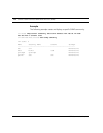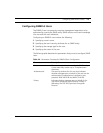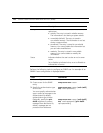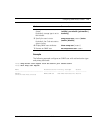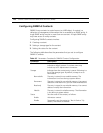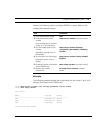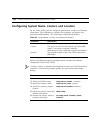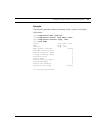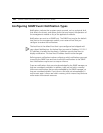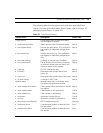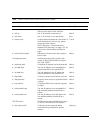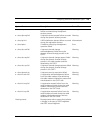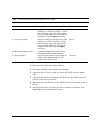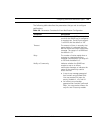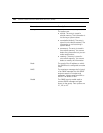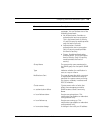
ADC Telecommunications, Inc.
182 C
HAPTER 9: SIMPLE NETWORK MANAGEMENT PROTOCOL (SNMP)
Configuring SNMP Event Notification Types
Notifications indicate that a system event occurred, such as a physical fault
that affects the chassis, and system faults that may impact the operation of
the management module or any of the application modules.
Notifications are sent to an SNMP host. The SNMP host may be the default
local host on the management module, or an external host that you
configure to receive the notifications.
The local host is the default host that is pre-configured and shipped with
your chassis.Notifications, for the local host, are sent to IP address 127.0.0.1.
If CudaView is installed on the chassis, CudaView uses the local host to
display notifications. The local host IP address should not be changed.
Defining event notification involves configuring which notifications you want
to send to the SNMP host and how to send the notifications to the SNMP
host. Notifications may be sent as traps or informs.
Traps are notifications that are not acknowledged by the SNMP manager, so
they are considered unreliable. In addition, traps are not held in memory.
Informs are notifications that are acknowledged by the SNMP manager, so
they are considered reliable. If an inform is sent and not acknowledged, it
may be sent again. Informs are held in memory, which means they consume
more router and network resources.



